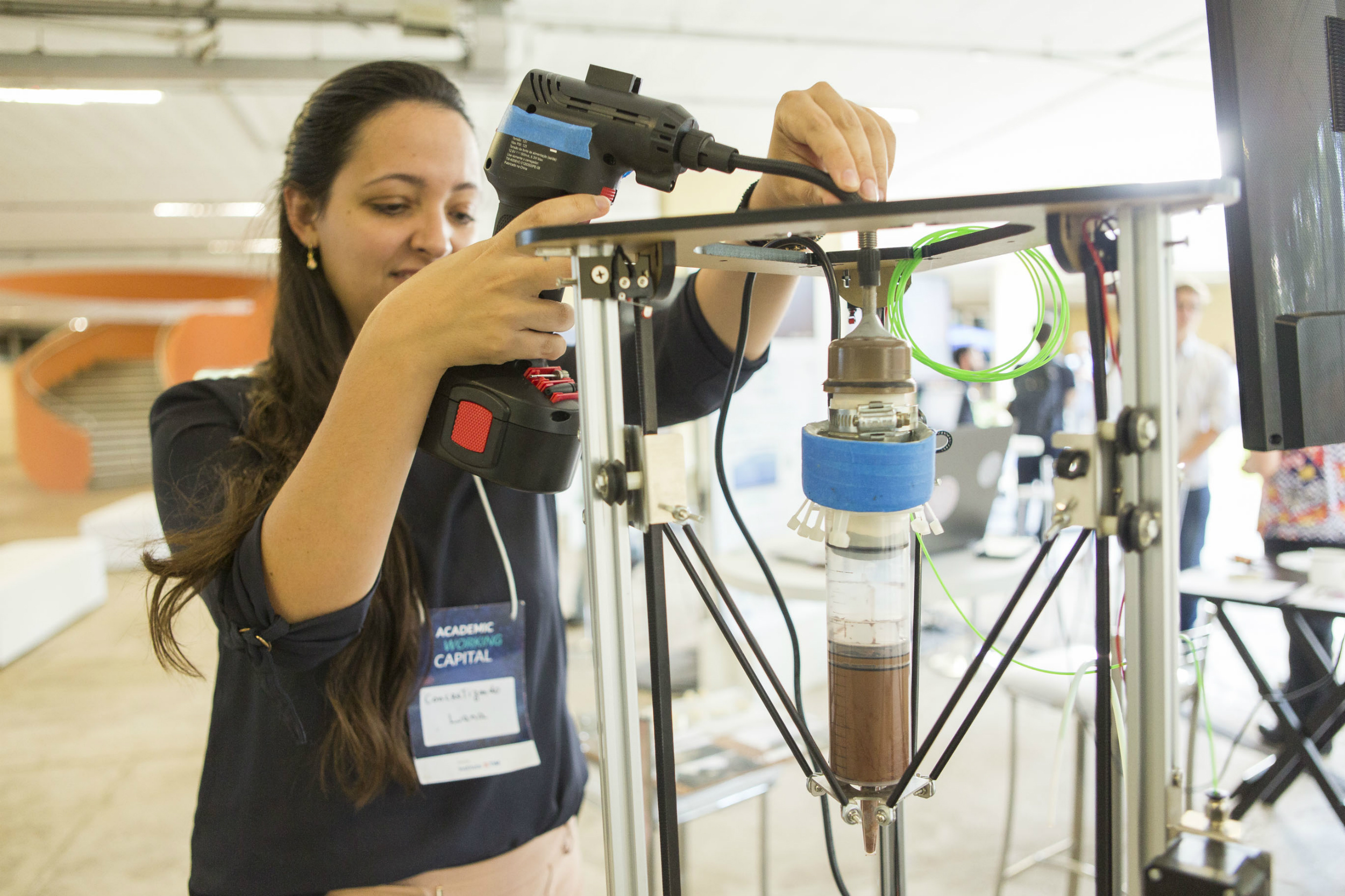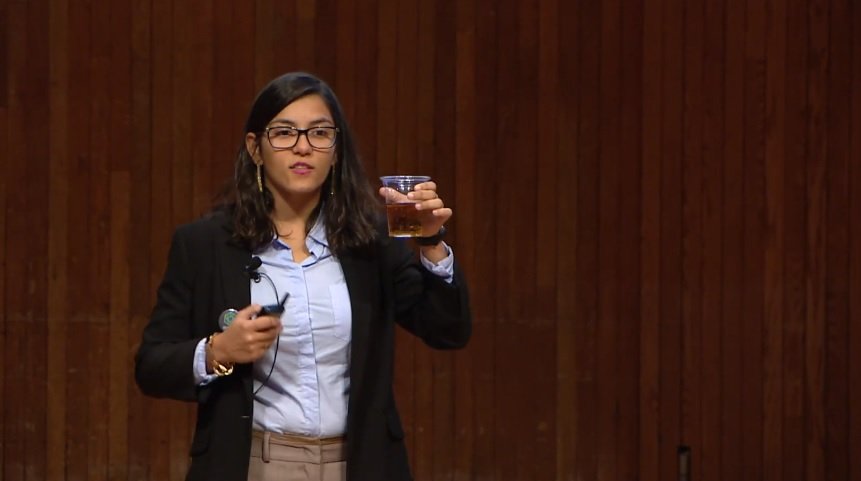
Rio Operations Center (COR) started to work in partnership with the Rio de Janeiro Municipal Department of Health to optimize the processes of monitoring and fighting Aedes aegypti mosquito in the municipality. Adaptations were made to the system of ZUP RIO app, deployment of ZUP – Zeladoria Urbana Participativa (Participatory Urban Governance) in the state capital, to meet the demands of health surveillance agents. The goal is that the information agents currently fill in seven paper forms during mosquito outbreak inspections become centralized in a single in-app form.
A first test phase was already held in Botafogo neighborhood between June 26th and 30th, involving ten agents. Equipped with smartphones with the app installed, they filled out and transmitted information collected in the inspections in real time to COR technicians, who also tracked the location and the movement of the agents in real time. Over 1.3 thousand buildings were inspected and seven mosquito breeding sites were spotted, all in the same building. There was also a great reduction in working time: instead of the 15 days needed to digitize the data of the seven printed forms, the information concentrated in a single digital form could be obtained in a maximum of 24 hours.
“In my opinion, the result of the pilot was very positive, indicating that it is feasible to apply it in the work of the Environmental Surveillance, with all the gains in action’s response time, in sustainability, among others,” says Cristina Lemos, Health Surveillance superintendent at the Health Department. Now, adjustments are being made to the tool according to the results of this first experiment, so that later the test can be expanded to a larger area with more complex operation.
The idea is that the app can be used on a large scale in the city. The initiative will save tons of paper forms used by the 2,534 field agents in the approximately 10 million annual inspections done by the municipality. “In the case of health, ZUP RIO not only speeded up the operation, but also made the operation more sustainable,” says Rodrigo Kemel, manager of IT Projects at COR.
In addition to fighting Aedes aegypti, there is already another proposal for using ZUP RIO involving the partnership between COR and the Health Department. The Sub-Department for Surveillance, Sanitary Inspection and Control of Zoonosis (SUBVISA), responsible for sanitary surveillance, is scheduling a pilot to test the use of the app in its actions. “ZUP RIO is a complete management tool, with data entry, team management, operation and BI analysis. Because it is totally customizable, it can be adapted to various segments of an intelligent city, makes public management more dynamic as a whole and gives a better response to the population,” added Rodrigo.







































































































